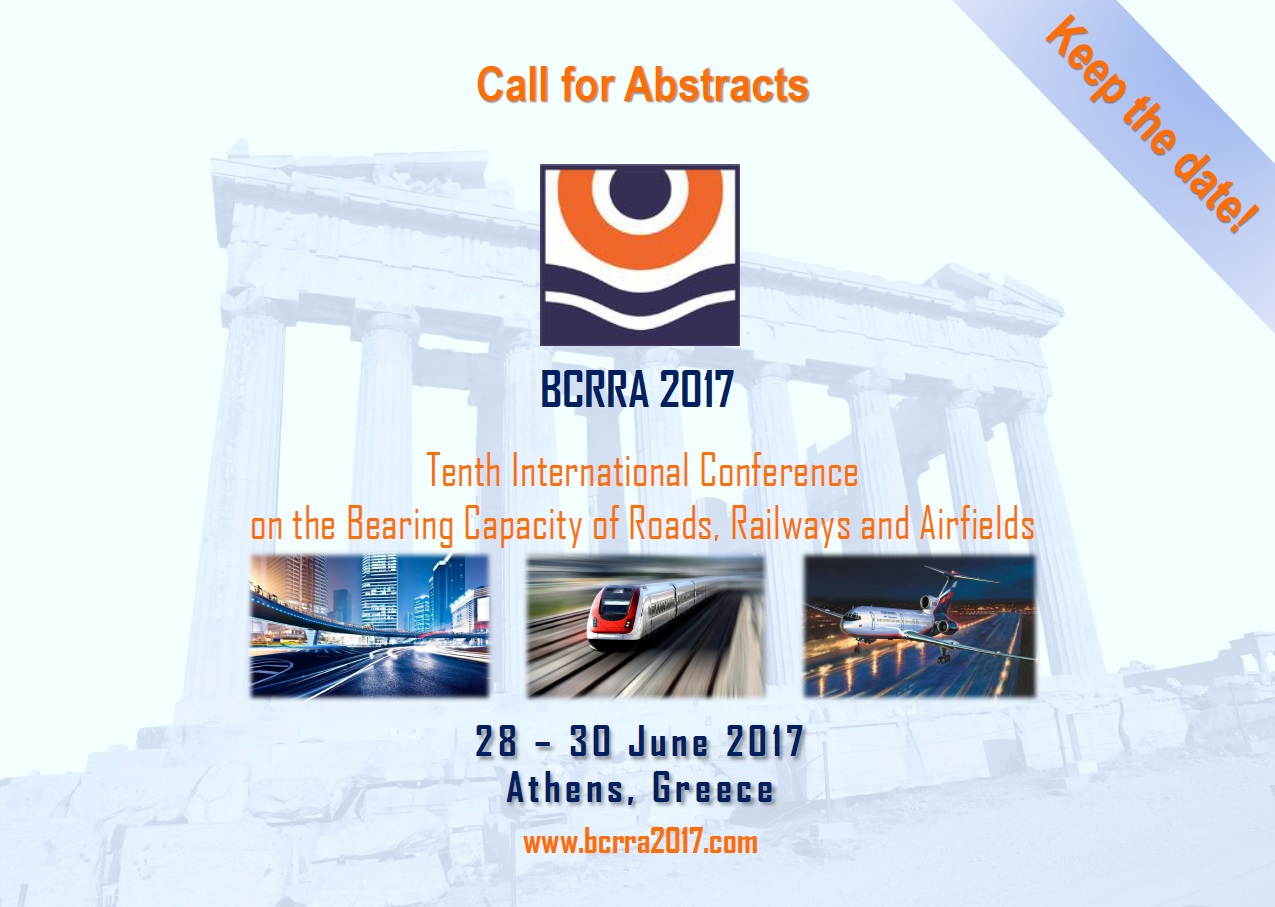Konstantinos Gkiotsalitis defended his PhD dissertation on Dynamic destination and transport mode estimation for interdependent trips under spatio-temporal variations, July 2017
Konstantinos Gkiotsalitis defended his PhD dissertation titled: “Dynamic destination and transport mode estimation for interdependent trips under spatio-temporal variations”, on July 12th 2017. This PhD thesis was carried out at the Department of Transportation Planning and Engineering at the School of Civil Engineering of the National Technical University of Athens under the supervision of Emeritus Professor Antony Stathopoulos.
This PhD Thesis studies the optimization of the dynamic choice of means of transport for interdependent movements with changing destinations and develops an integrated system for optimizing the movements associated with such interdependent activities.
This system optimizes (a) the location and time of an interdependent joint activity; (b) the departure times of public transport modes for adjusting to the interdependent activities’ passenger demand; and (c) the combination of means of transport used by each user to attend this activity in order to meet his/her personal preferences.
The dissertation contributes to this module by creating a model for automatically categorizing the movements of each user based on the frequency of each movement in space and time. This model is used to automatically identify each user’s mobility/activity patterns based on spatio-temporal analysis of individual data from social media.
Then, an individual utility model is developed that determines the maximum distances that each user is willing to travel for participating in interdependent activities for different day times. This model is used to select the best place and time for group activities. The goal is to choose the location and time of interdependent activities that maximize the utility of all attendees. Because of the multitude of alternative locations in an urban environment and the exponential computational complexity of the problem, finding the global optimal solution is not possible. For this reason, the dissertation develops a method of stochastic evolutionary search which can calculate optimal locations and times for joint activities, improving up to 2 times the overall utility of users compared to other evolutionary methods (i.e., genetic algorithms or multi-start hill-climbing methods).
In addition, the dissertation models for the first time the problem of adapting the departure times of public transport routes to the starting times of joint leisure activities as a non-linear, discrete programming problem with non-linear constraints. Within this framework, a sequential heuristic search method is created that can calculate new departure times for all routes on a transport network in less than 5 minutes, demonstrating the possibility of improving waiting times up to 50% after its implementation in the bus network of Stockholm.
Finally, this thesis analyzes the problem of choosing an optimal combination of transport modes for traveling to the location of a joint activity while considering the personal preferences of each user. For this purpose, the thesis develops an augmented label setting method that deleted aggressively alternative paths that violate constraints and converges in real time into an optimal solution with an accuracy of more than 90% as validated from applications in simulated dense and sparse networks with up to 300 intersections and 30,000 transport links.
Summary
Presentation



